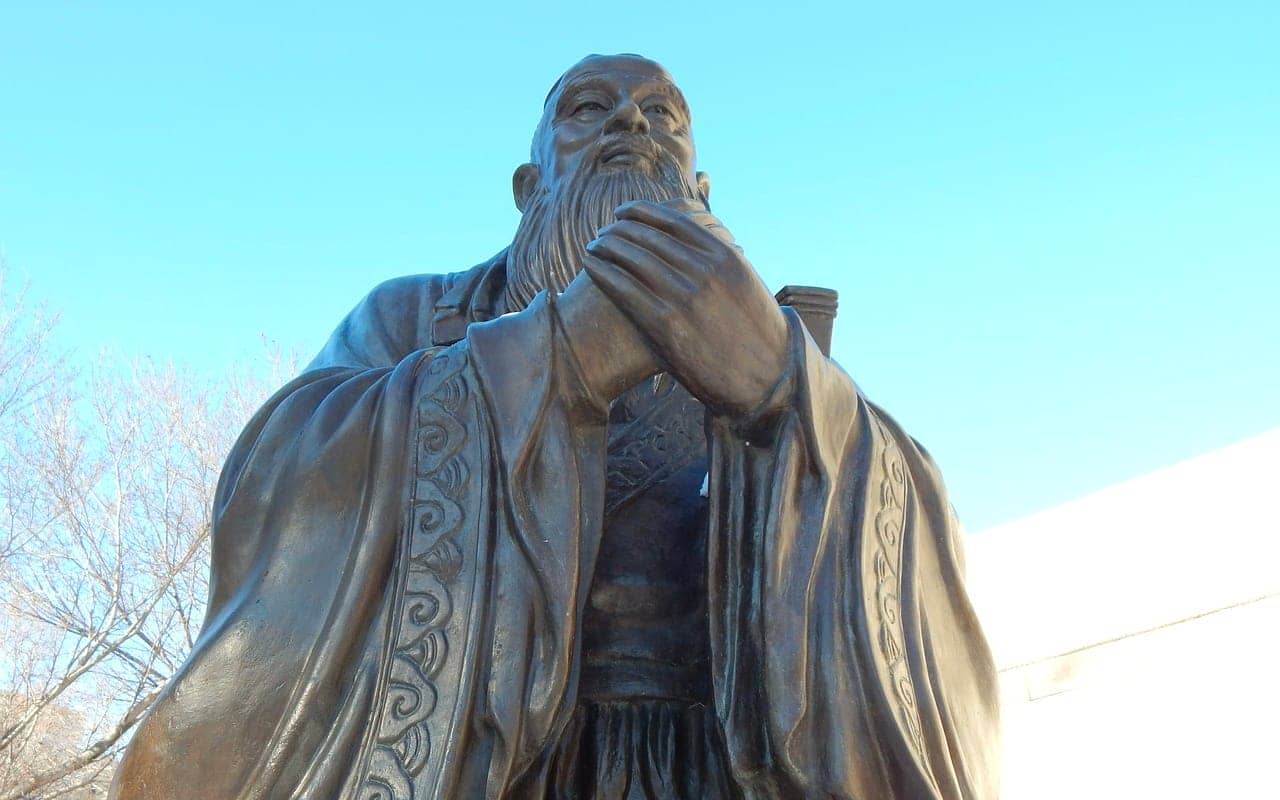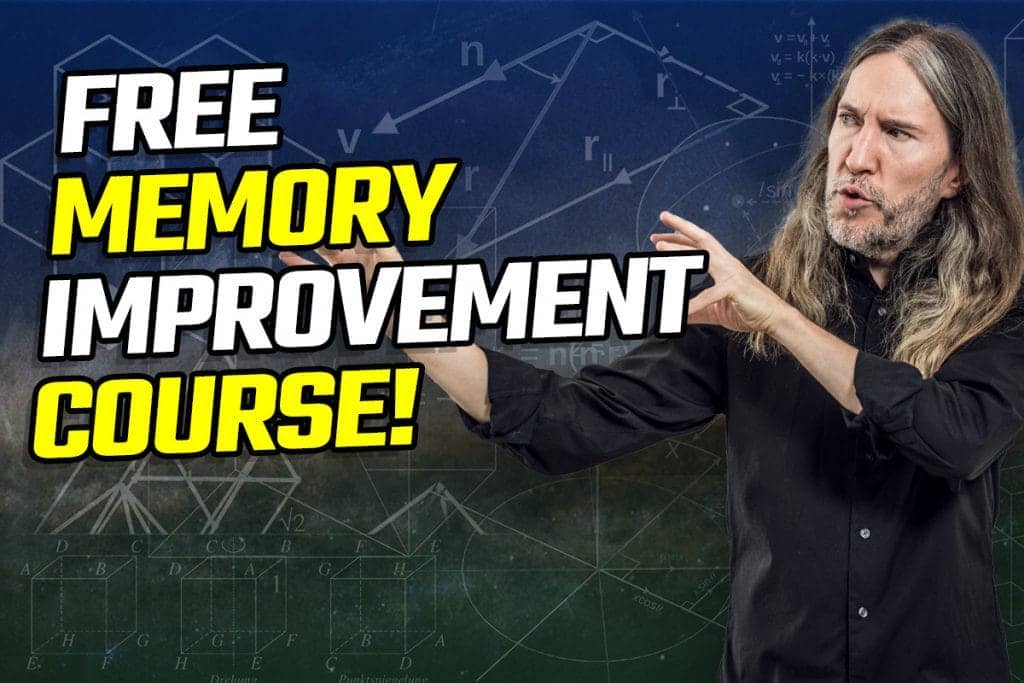Podcast: Download
Subscribe: Apple Podcasts | RSS
 Why study philosophy?
Why study philosophy?
After all, aren’t philosophers just a bunch of people who use big words in unreadable books?
I mean, think about it…
Half the time it seems like they’re preaching to us about how we should act in the world while they bumble through their personal lives.
Although that assumption can prove true more often than I’d like, the importance of philosophy is not owned by philosophers.
It’s also not necessarily the “love of wisdom” as people often translate it from the ancient Greek, φιλοσοφία.
As Emmanuel Levinas put it, we might do better if we think about philosophy as “the wisdom of love.”
I find Levinas’ formulation useful because it reveals how better thinking can help us discover what’s truly important in life.
And when we focus on allowing the love in wisdom to guide us, we will almost certainly respond to our fellow citizens from an elevated position.
Sure, it might not involve “love” as such in a personal way, but it will certainly involve much higher levels of care.
Why is Philosophy Important? 7 Life-Changing Reasons
In What is Philosophy? Deleuze and Guattari suggest that opinion is chaos.
When you look at social media sites like Twitter, you almost feel like they must have had the ability to peer into the future when they wrote this book back in 1991.
But if there’s one reason above all that makes philosophy important, it’s the reduction of random, chaotic influence. The more you develop yourself philosophically, the more you can avoid being yanked around by the chaos of opinion.
With this point as our governing theme, let’s explore a few more reasons philosophy is so important.
Systematic Analysis
As different views and opinions flood the news and social media, instead of taking them at face value, you can use philosophical tools to pick them apart.
How? There are at least 9 critical thinking strategies you can use. The more of these tools you have in your mental toolbox, the more you can overcome barriers that impede your thinking.
By practicing this kind of analysis, you’ll also be better at perceiving systems as such. They are everywhere and being able to spot them has a lot to do with our next point.

Know When You’re Being Influenced
Unfortunately, we’re all gullible from time to time.
But the more we analyze the world around us, the more we can steep ourselves in positive influences while draining out the bad.
And it’s important to note that even useful sources can sometimes deliver unhelpful ideas. We need to be able to spot influence as such. That way we can properly evaluate it.
These critical thinking books will help you develop the ability to seek top quality influences in your life and weed out the poor performers.
Interpret & Respond Optimally
Events in the world create all kinds of emotional responses.
But when you’re well-versed in philosophy, you’re equipped with a kind of “science of emotions.” You’re better able to perceive when you’re being irrational and use abstract thinking to pull away from your gut response.
Now, you might be thinking, “Hang on, people keep telling me that I need to listen to my gut response, not ignore it.”
True, there are some cases where you want to listen to your gut. Gavin de Becker’s The Gift of Fear has been personally helpful on that front.

But in many areas of life, listening to your gut just doesn’t stand to reason. In fact, in Decisive, Dan and Chip Heath share research that strongly demonstrates going with your instincts is all-too-often one of the worst things you can do. Their W.R.A.P. technique is a fantastic little philosophical tool that helps you avoid irrational decisions so you can respond to life optimally.
Evaluate Ideas
A large part of thinking rationally involves knowing the value of various ideas.
For example, take two people, John and Cindy. They both buy the same book.
John says, “It was $20 dollars, but I only got one idea out of it. I went on to buy five other books and ultimately never did anything with that original idea.”
Cindy says, “I only got one idea out of the book, but it was only $20 and even though it was just one idea, I managed to put that idea to work in my business. It increased profitability by thousands of dollars.”
Albeit simplistic, this example shows that Cindy evaluates ideas differently than John. Keeping our principle of philosophy as a form of active thinking in mind, she gives the idea life by using it.
She also makes it valuable by putting it into action.
As you explore philosophy, you’ll find that you can better evaluate many ideas. You’ll also reduce the kind of judgmentalism that causes you to dismiss ideas that could be extraordinarily valuable if you put them into action.
Understand the Law
Many people do not realize that the laws governing them were arrived at based on philosophical thinking.
The more you learn about philosophy, the more you’ll be able to see how philosophical ideas shape the rules of your society. And this means you’ll be able to participate in how they are crafted in a more integral way.
You can also start to see how governments lead heavily on mimetic behavior, which means shaping your desire based on the desires you see in others. This process is the basis of all propaganda, but it starts with philosophical ideas we can see in some of the earliest philosophers.
For example, Confucius talks a lot about imitating not just what the ancients did, but also to desire what they desired. Likewise, Mozi advised kings to promote certain kinds of behaviors so that others in society would imitate them. See Readings in Classical Chinese Philosophy for these references.
Spot and Resolve Contradictions
The human species is incredibly complex.
And our success on the planet is difficult to understand because we contradict ourselves all the time.
Yet, thanks to the mental tools we’ve developed using philosophy, we’ve managed to thrive.
In many ways, the technological projects we’re engaged in are trying to resolve human contradictions. From memory implants to AI, it often feels like the human species is under attack.
By the same token, we’ve always had this relationship with our technologies. Plato worried about how our technology might be able to copy itself and run rampant. Mary Shelly imagined Frankenstein’s monster taking vengeance on his creator for neglect and there are many other fantasies that philosophize about our inadequate human behaviors. They ask questions like:
Although we clearly no better than to damage ourselves and our entire planet, why don’t we do better?
Although we still rarely find consensus on the answers our philosophizing helps us produce, we’re lucky to have the thinking tools more available than ever before. We can consult all the major philosophers, often for free, just by searching Project Gutenberg and Youtube.
Understand Your Thinking Style
In Ecce Homo, Nietzsche tells us that Heraclitus was essentially his hero. During what appears to have been a period of great discomfort for the philosopher, Nietzsche seems to have taken great solace in this connection.
As you read philosophy, you’ll encounter multiple styles of thinking and learn more about yourself as you’re drawn to some and have a harder time relating to others.
This does not mean that you reject those who don’t resonate with you as invalid. It just helps you gain perspective on who you are and gives you a basis for reflecting on how and why you came to be that way.
These perspectives will sometimes challenge and even destabilize your self-perception. But as we know from the example of Nietzsche, finding points of comparison can be tremendously stabilizing too.
All the more reason to keep reading a wide variety of philosophers from multiple cultures and time periods. The ability to compare multiple perspectives is personally rewarding and provides great brain exercise.
Why Study Philosophy?
I think the number one reason to study philosophy is that we all practice active thinking each and every day to solve our problems.
Why wouldn’t we want to get better at it?
Philosophy is unique in that it is the one field of human endeavor that still makes sense to read historically.
Here’s what I mean:
It might be a novelty to read the earliest books on chemistry. But it won’t help you use contemporary chemistry very much, if at all.
But when it comes to philosophy, it’s possible to gain tremendous value from going as deep into history as possible. We learn as much from the oldest philosophical books as we do from the new ones.
Indeed, in many cases, we cannot understand many books of philosophy without knowing at least a little about the earliest philosophers.
Sure, you can read Plato and get a great deal out of it. But you get even more out of it if you’ve also read and put some thought into the Pre-Socratics to whom Plato was responding.
And this feature of philosophy means that you stand to receive endless rewards.
The study of philosophy is deeply pleasurable. And all the more so when you can remember the philosophy that you read.
To help you out with that, please register for my FREE Memory Improvement Course:
This exclusive program teaches you the Memory Palace technique with key exercises that help you excel in using it.
That way, when you come across the names of philosophers in articles like this one, you’ll be able to remember them. You’ll also be able to remember the names of their books and key concepts too.
As a result, you’ll be able to put their ideas into action. Again, action is essential. Without it, you cannot craft your own personal philosophy. You’ll struggle to increase your personal delight with the quality of your mind each and every day.
So what do you say?
Do you agree that philosophy is one of the most important mental activities in the world?
And are you ready to deepen your relationship with it?
I know I sure am. As a practice with no end in sight.
Related Posts
- Why Is Critical Thinking Important? 5 Compelling Reasons
Want to know why critical thinking is important? The answer actually isn't obvious. But after…
- Memory Spaces: What They Are and Why They’re Important
Memory spaces are incredible tools for learning faster and remembering more. Learn several alternatives to…
- How to Memorize Poetry Quickly & Maintain It For Life
Memorizing poetry is one of the most important ways to exercise your brain, grow your…








2 Responses
I think philosophy is very important, unfortunately religion seems to be getting wrapped up in it. My son is doing philosophy in school and his homework a few days ago was “research 15 Muslim names”. I fail to see how this has any relevance to our greatest thinkers. I understand that we use can use religion as a tool in philosophy to generate questions, but I don’t think it has a place when you’re essentially searching for the truth!
There are many Muslim philosophers that are essential to know about.
For example, Al-Kindi promoted Greek philosophy in the Muslim world. Al-Farabi discussed both Plato and Aristotle. Ebn Meskavayh was practically a Neo-Platonist. More recent philosophers like Javed Ahmed Ghamidi promote secular thought.
I’d recommend getting involved with guiding your son’s research for this homework assignment so that he goes back, not with random names, but the names of specific philosophers and some understanding of the philosophical approaches they put together.
Note that it is also not necessarily a problem for philosophy to be “wrapped up” in religious belief. When something becomes understood to the point that science can deal with it, then it tends to leave the realm of philosophy. But until a science evolves that can deal with a topic of human experience, philosophy remains essential.
Note too that the exact nature of the “truth” remains under discussion, which is why philosophy remains so vital. No science has arrived at truth as such because that is not what science does. Science is a tool for gathering evidence that either validates or invalidates our hypothetical statements about the world. This is why the conclusions scientists who use this tool are always changing.